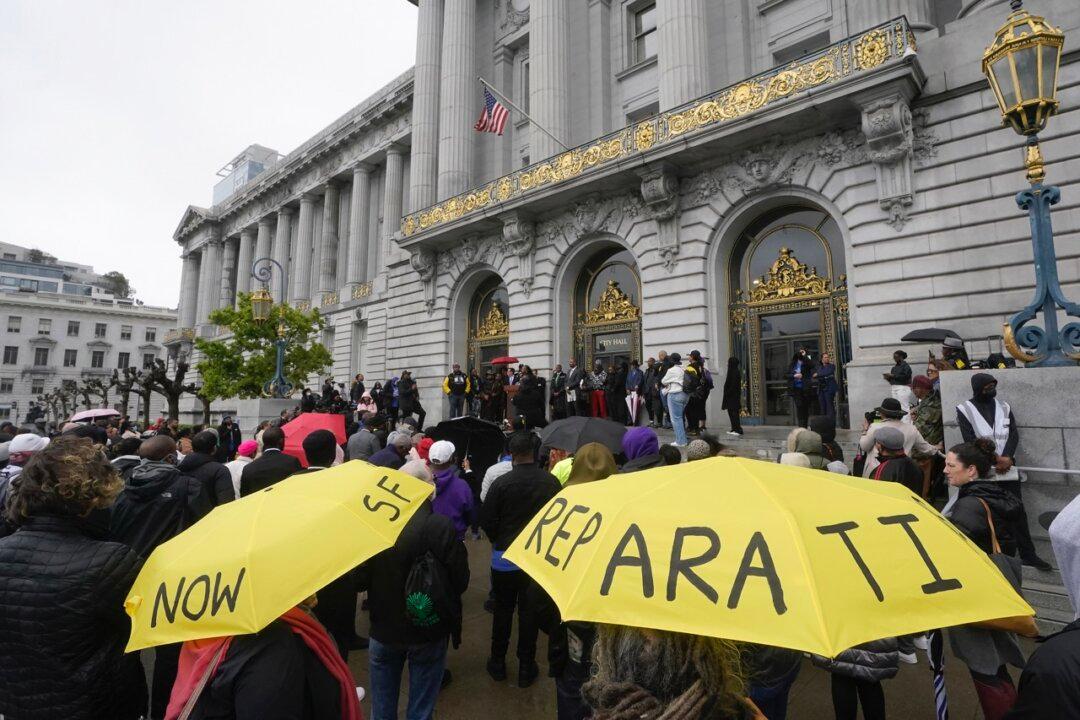Economists estimated this week that reparations under consideration for black Californians could cost $800 billion, findings they provided to the state’s Reparations Task Force during meetings in Sacramento March 29 and 30.
After two days of discussion, the panel suggested the responsibility of determining individual payment amounts lies with state lawmakers.





